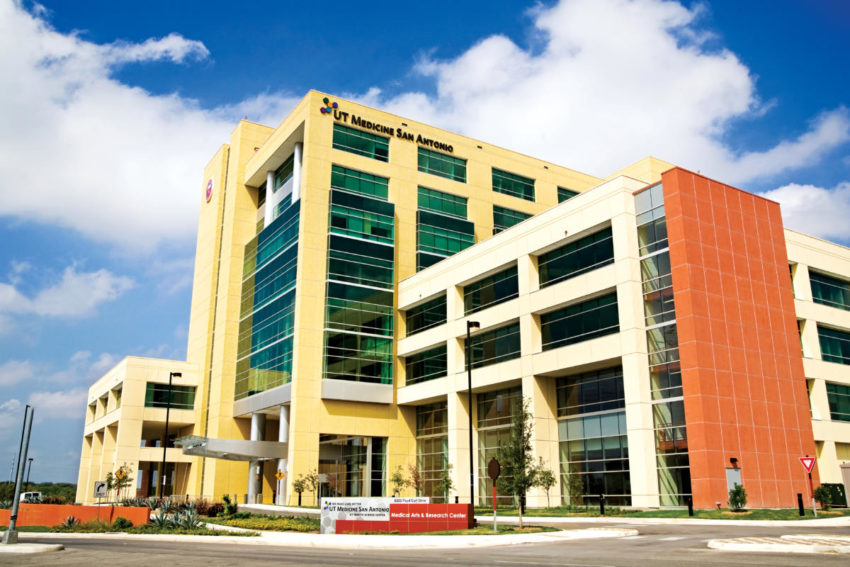UT Medicine San Antonio, clinical practice of the School of Medicine at the Health Science Center, received Patient-Centered Medical Home (PCMH) Recognition in January 2016 from the National Committee for Quality Assurance (NCQA).
A patient-centered medical home is a model of health care that places the patient at the center of focus, served by a primary care physician and health care team who take into account the whole person. This may include the patient’s family and job situation, health history and spiritual needs. The team can include many other clinicians, including physician specialists, nurses, physical therapists, nurse educators, pharmacists, psychologists and occupational therapists.
UT Medicine gained PCMH Recognition for using evidence-based, patient-centered processes that focus on highly coordinated care and long-term, participative relationships. The NCQA is a private, nonprofit organization dedicated to improving health care quality.
“This recognition is an important milestone that reflects on the quality of the care we deliver to our patients,” said Carlos Roberto Jaén, M.D., Ph.D., professor and chairman of the Department of Family and Community Medicine at the Health Science Center and interim director of the UT Medicine Primary Care Center.
“We perform all the core functions of primary care, from preventive screenings to physical and behavioral evaluations, in the context of personal relationships,” Dr. Jaén said. “We also provide high-quality, evidence-based care for our patients.”
The UT Medicine Primary Care Center leverages technology such as email and phone calls to stay in contact with patients between visits, and offers programs such as diabetes management classes to encourage patients to lead healthier lifestyles.
“Patients are at the clinic with their doctor for only a small amount of their time,” said Mariana Munante, M.D., assistant professor of family and community medicine and medical director of the UT Medicine Medical Drive Primary Care Clinic. “We need to partner with them and empower them to manage their own health when they are at home and in the community.”
“We have several established areas of focus, from our long-running tobacco cessation program to initiatives designed to prevent and treat diabetes, low back pain and depression,” Dr. Jaén said. “We made changes in clinic processes in these areas to emphasize patient relationships and evidence-based practice. These are areas in which we demonstrate a particular expertise and excellence, and we are making similar enhancements in other areas including palliative care and enhanced support for changes in diet and physical activity.”
In the Medical Drive clinic, for example, the UT Medicine team partners with the San Antonio Metropolitan Health District to provide diabetes classes. At the Medical Arts & Research Center, the UT Medicine team offers tobacco cessation services, with the initial visit free of charge. These are examples of value-added services to patients that increase access to care, one of the standards the NCQA uses in deciding whether to bestow Patient-Centered Medical Home Recognition.
“The UT Medicine Primary Care Center encourages patients to stay in contact with their medical home team and, whenever patients contact us, staff members are diligent to call them back the same day to assess what is needed and get patients to the right level of care,” Dr. Munante said.
“This is not a finished product,” Dr. Jaén said. “We will continue to work on improving our care of our patient population. This national recognition fuels our efforts to lead primary care in our community and among the families we serve.”


